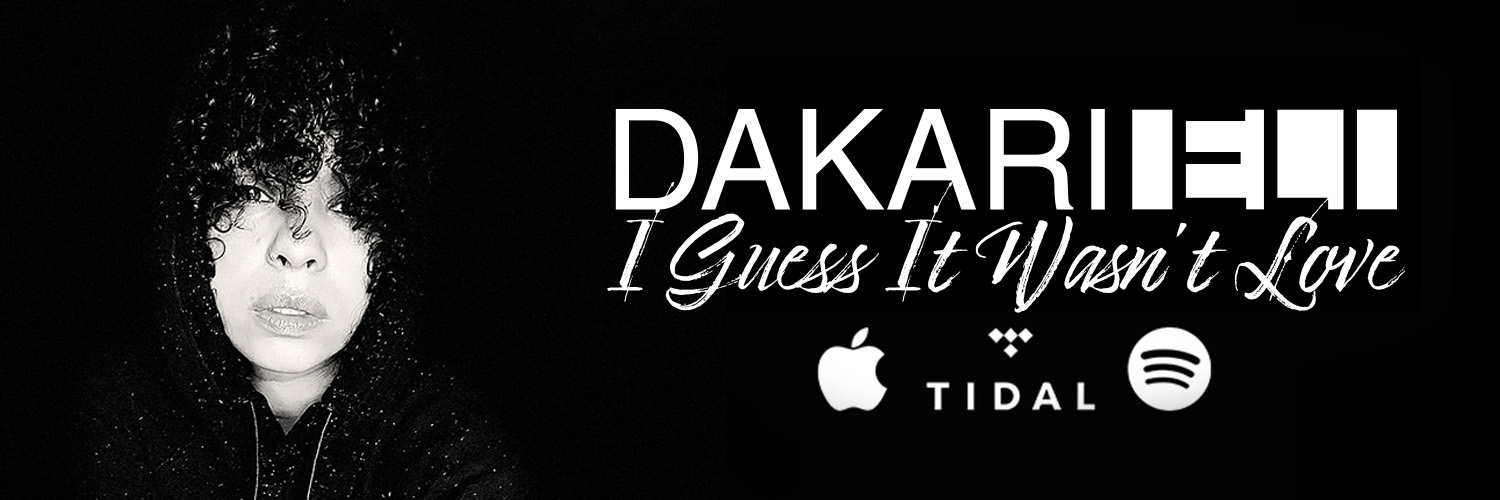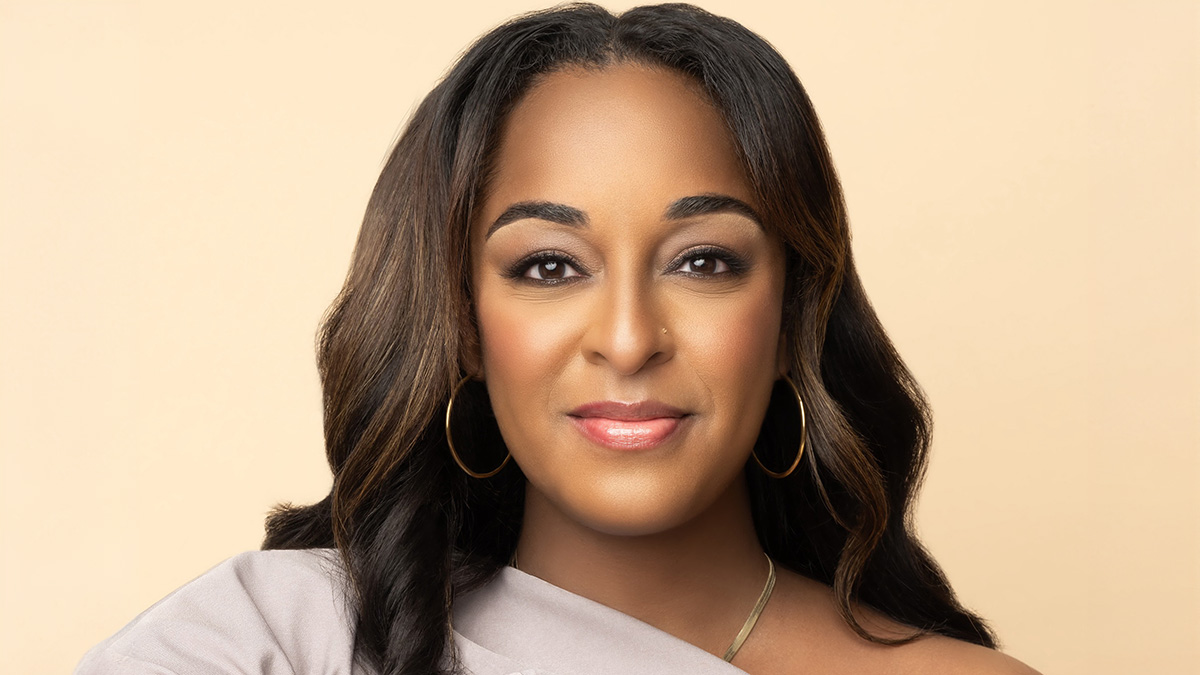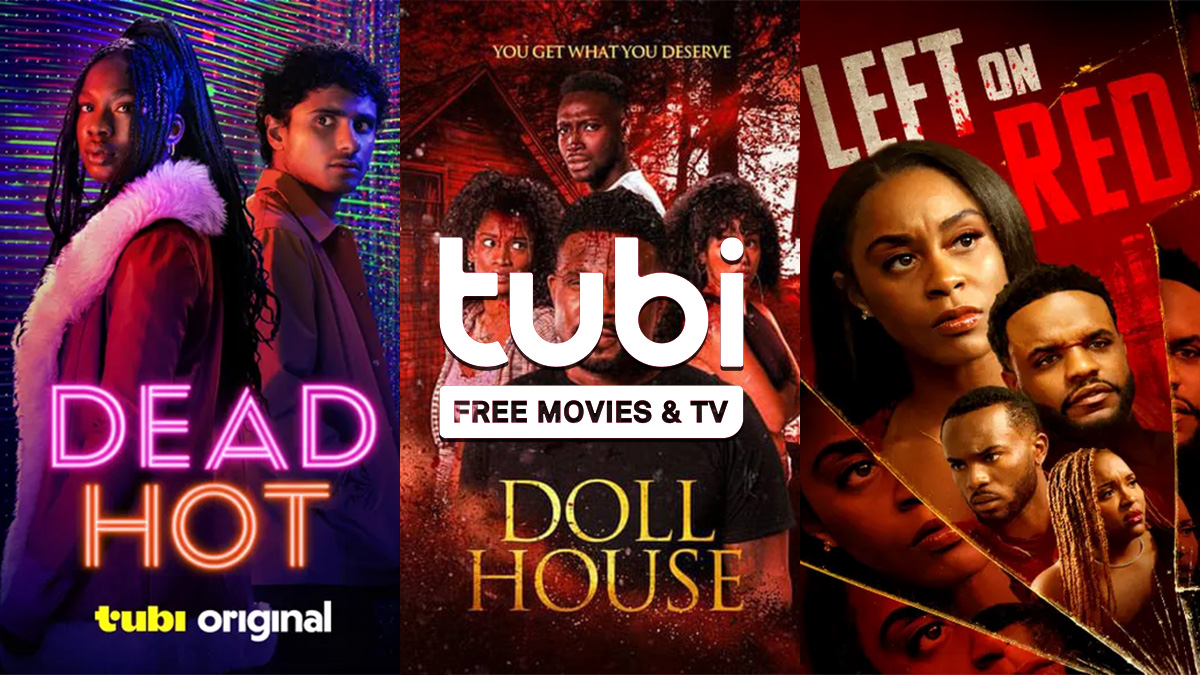Bursting onto the music scene back in 2008 with a mood-elevating single, Kevin Rudolf instructed your souls to simply “let it rock.” Fast-forward to a new decade in 2010, his production credits include the likes of Birdman, Lil Wayne, Cobra Starship, Leona Lewis, Lifehouse, Three-6-Mafia, and more. Urban Magazine’s DJ GooTz recently caught up with the platinum-recording artist and producer to get the latest on his upcoming release To The Sky, life at Cash Money, his release date showdown with Drake, and more.
Kevin, as always we thank the artists for taking time to sit down with Urban Magazine and give its readers the 411 on what’s going on in their respective careers. Before we get into the specifics of your upcoming project, I want to start by asking about your label experience.
Artistic freedom is highly coveted in the industry, but is very difficult to attain. Since your artistic style deviates from what is deemed the “norm” on the Cash Money roster, do you encounter creative limitations to your sound or lyrical concepts given your style?
No, I don’t ever encounter any limitations with them. I actually finish everything and then play it for Slim and Baby. The greatest thing about Cash Money is that they don’t have that judgmental kind of vibe to them, “well, can you add a little more guitar, can you take it away?” They don’t think like that, which is why they are successful. They hear a song, they hear a track, they hear something they feel, that they like, and they get behind it. That’s the only kind of experience over there with them. They trust me. Some people assign stuff to people that don’t know what they’re doing or they don’t have it together and they try to put them with people and make it happen to this whole A&R experience. What they do with me is they say, “Okay, we trust you, just do your thing.”
So it’s safe to say you are fairly comfortable given the experimental freedom to do as you wish.
Yea, I am given complete freedom.
That’s definitely a good thing because most don’t experience that luxury.
Believe me, I know. I’ve produced a lot records for other people and I see what they go through. A lot of the times they tell me, “can you try this, can you make it more this, can you bring the guitar up,” and I’m not used to that because I always make it exactly how I want it.
Being that you’ve collaborated with label mate Lil Wayne on “Let It Rock,” it peaks at #5 on the Billboard Hot 100, catapulting your career as a platinum-selling artist and highly sought after producer. You’ve stated that you’re building off of momentum, you know what works for you and what doesn’t. What’s the creative process like for you in the studio? Do you use “Let It Rock” as a benchmark for comparison?
I don’t use it as a benchmark, but just like any song (not even cause it’s my song), I use that song and I listen to the radio. You have to be aware of what’s going on, but you don’t have to follow it. You know what I mean? You need to know what the landscape is, what you are working with. You realize what makes people connect with certain things in a song. I’m coming from a place of knowing what works. I definitely know what does not work and I know what to avoid. Just doing that alone gives you a really good shot of making hits. I write songs where I really express myself, that’s my favorite thing. I don’t like saying, “what rhymes with sky and high.” A lot of people write like that and mix it around with the rhyming dictionary they use or whatever. I like to write songs from the heart, from a real place and express my mind.
Now you’re ready to release, To The Sky on June 15th. What can music listeners expect from this album in comparison to last? What freedoms do you have with this particular album, expressing yourself as an artist given that you’ve grown?
Your first album, you tend to over think a lot. This time it’s like a mixtape. I do whatever I want to do over the past few weeks. That’s what the album is. I use the artist side of my career to express it; I don’t do that when I work with other people. I really do whatever I want. That’s how I express myself. Obviously you want to have some hits, that’s important, but at the same time I just make music. I make whatever I want to make. That is what is the most fun to me.”
The album has seen a couple setbacks, now you’re slated to go toe-to-toe with Drake. Do you view this as panic mode or do you seize the opportunity to create more hits?
I see it as a positive because people are interested in Drake and we share some fans and people will be in the store that day looking for the music. It’s a good thing. I don’t do the competition thing on the first week, or any of that stuff, it’s not about that. You want to stay there the longest. You don’t want to have the biggest first week. Often the biggest first week, it goes straight down from there. I’d rather consistently sell 5,000 copies a week for a few years, rather than 150,000 the first week, then the next your doing 40, then the next week 10, then the next week 2. That’s a drastic example obviously, but I just want people to connect with the album. People don’t buy the album as much as they used to, and it is what it is, and they buy singles. We’re doing well in that area so I’m happy about that. We should have a platinum-single by the time the album comes out. To me right now, the single is for the hits and the album in an opportunity to share music.
“I Made It,” continues to gain popularity across radio platforms. Focusing on the lyrical content of the track, you sing, “I used to dream about, the life I’m living now I know that there’s no doubt. I made it, I made it!” Prior to stardom, did you have a back-up alternative in case you did not “make it?”
No, I never had a back-up alternative plan at all. I’ve tasted a little bit of, I wouldn’t say success, but I’ve had things almost come to fruition and have been disappointed so many times. It takes so long to really make your dream comes true. People don’t realize that. Some people just say, “I need a hit record,” they don’t really last. Everyone I’ve known who is really successful has worked really hard for a very long time. That feeling of, “I made it”, it’s not a one all thing. You made it, you made it on the radio, you made a hit, it leads to this, and it’s continual.
So you’re about the continuum rather than striking while the iron is hot.
You’ve got to strike while the iron’s hot and keep striking until the iron is broken. It doesn’t end, talk to anyone who is successful. Actors, athletes, musicians, whatever, you realize the best luck you’ve had, where you thought you’d say that you made it, I’m on, I’m successful. It’s illusive, it keeps moving and you keep wanting and you’re not satisfied with what you just hit. Also, anyone who is evolving constantly is also feeling that way too.
As you know, fans are the ones who ultimately matter the most. What are you doing or intend to do to become more interactive with your fan-base?
We’re redoing all the Internet stuff as far as the website, Facebook, and Myspace. I’m in the process of redoing all that stuff right now. We weren’t even ready for the single (this is like my curse) the song is ahead of everything else. I just make a record and we’re so worried about Cash money, we put it out right away and then we don’t have any new stuff, (all the new artwork and all the new websites). Everything is still under construction right now. I intend to get more interactive with fans by putting up webisodes, in the studio footage, getting my tweeting game on (laughing).
So if I add you on Facebook, you’re not going to decline my request?
Not you man, never!
I’m going to tweet, “Kevin Rudolf declined my Facebook request!” We’ll see how that goes (laughing).
Decline it? Nah, I didn’t decline nothing.
I want to switch gears a little bit to discuss your producer background. In 2001, you went by the alias “Binocular.” Since then, you’ve collaborated with multiple artists/producers, including Timbaland and playing guitar for Lil’ Kim’s, “The Jump Off.” Who has had the most impact on you in the studio?
Working with Tim was huge for me. I wanted to see how he was doing what he was doing. I just thought he was a Hip-Hop pioneer in the truest sense. He goes on with drums and rhythm and beats, textures, the way he puts sounds together. That was huge for me watching him and working with him, seeing how he makes records.
Are there any stresses of producing your own body of work vs. others you’ve collaborated with?
I always do my best and I always strive to make the best record I can. There are certain kind of records where you don’t have to necessarily make everything perfect, you can let it hang out like a lot of the best records of all time. The Rolling Stones are four guys, they press record and they play the song and that’s what it is. It just depends, I do a little more frequent with my records.
You’ve had success as both an artist and producer. Down the line, where do you ultimately envision yourself?
I think I will always make my own albums. I might just make them for fun one day. I’ll just make them and put them out and if nobody hears about it, whatever. I make music to make music, whether it’s for other people or for myself. I think at the end of the day, I’ll end up more as a producer/songwriter. You don’t want to be onstage singing when your 60-years-old, unless you’re The Rolling stones. That’s my second “Stones” reference for the day. I make music from the songwriter/producer perspective. I perform and sing on most records.
We previously mentioned you working with Lil Wayne. Have you been able to remain in contact?
I talk to people all the time who speak to him everyday. I haven’t spoken to him since he’s been in. I hear he’s doing well, and he’s focused. He’ll be back stronger than ever.
For more on Kevin Rudolf, log onto www.kevinrudolf.com and check out his new album, To The Sky, due Tuesday, June 15th, 2010.












